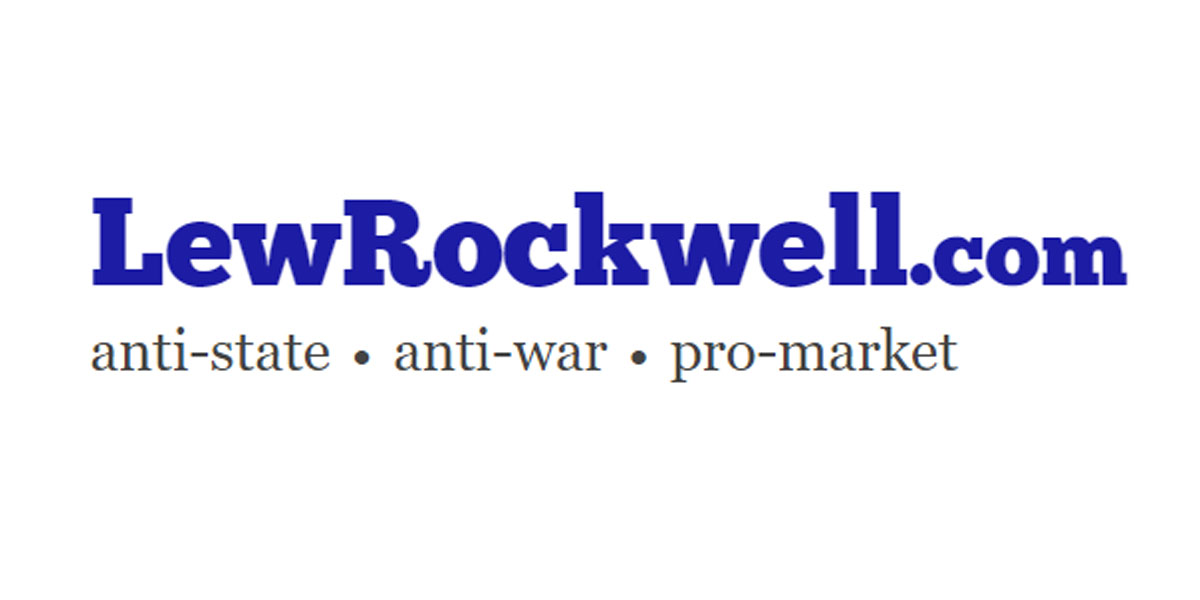Re: Free-Market Economics
I'm dissecting little by little... How do you create an artificial demand? What exactly is a bubble? (the same term was used to describe the events which precipitated 1890 and 1929. I don't think I fully understand the term.
I understand that the Fed, gets carried away and starts printing away the currency which consequently decreases the value of money. However, what about the expanding population? As the population is growing don't you need to print more money to sustain the economy? How would that work exactly? I assume you've read Human Action, so you probably have an answer forthat.
Originally posted by Anonymouse
View Post
I understand that the Fed, gets carried away and starts printing away the currency which consequently decreases the value of money. However, what about the expanding population? As the population is growing don't you need to print more money to sustain the economy? How would that work exactly? I assume you've read Human Action, so you probably have an answer forthat.







Comment